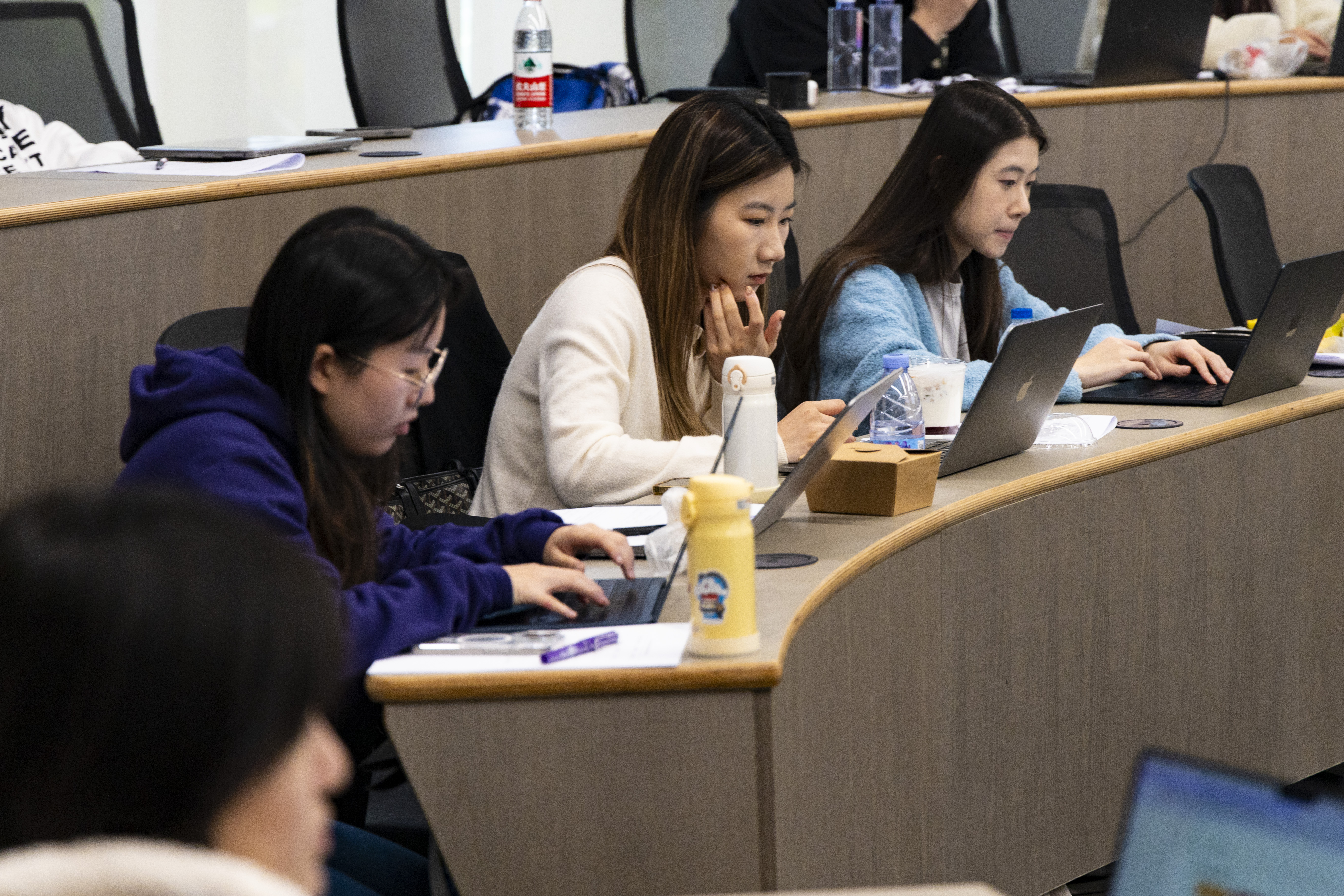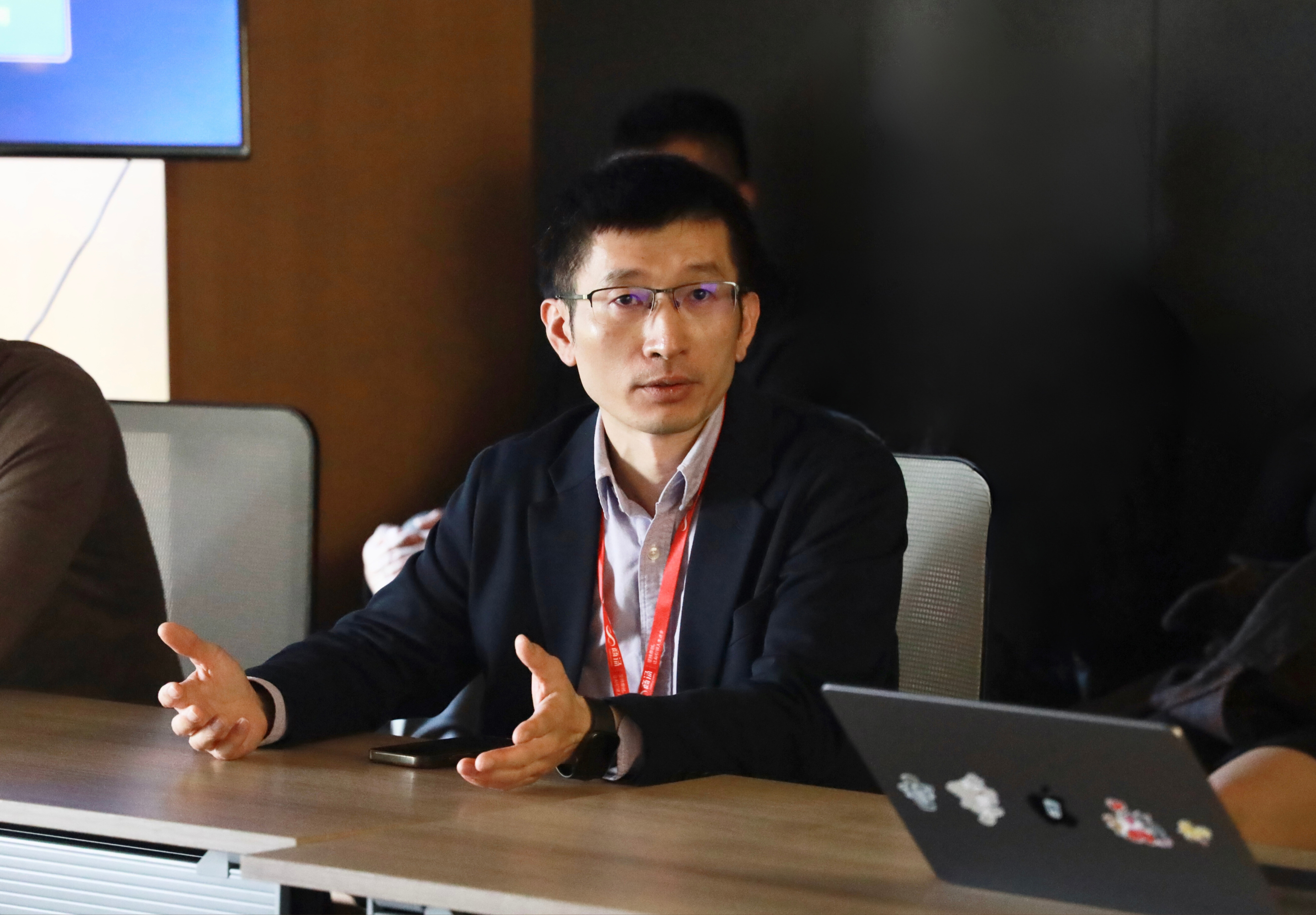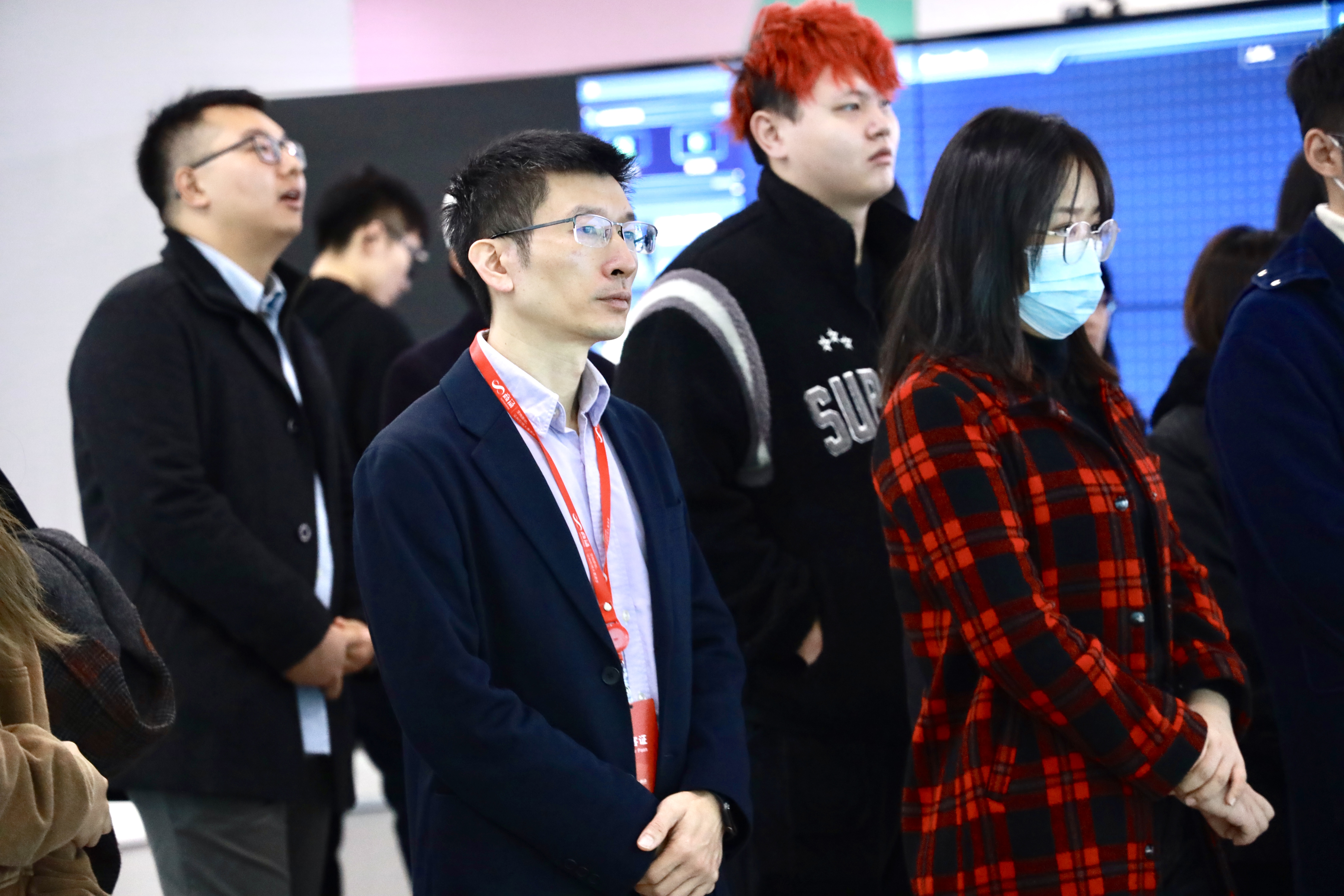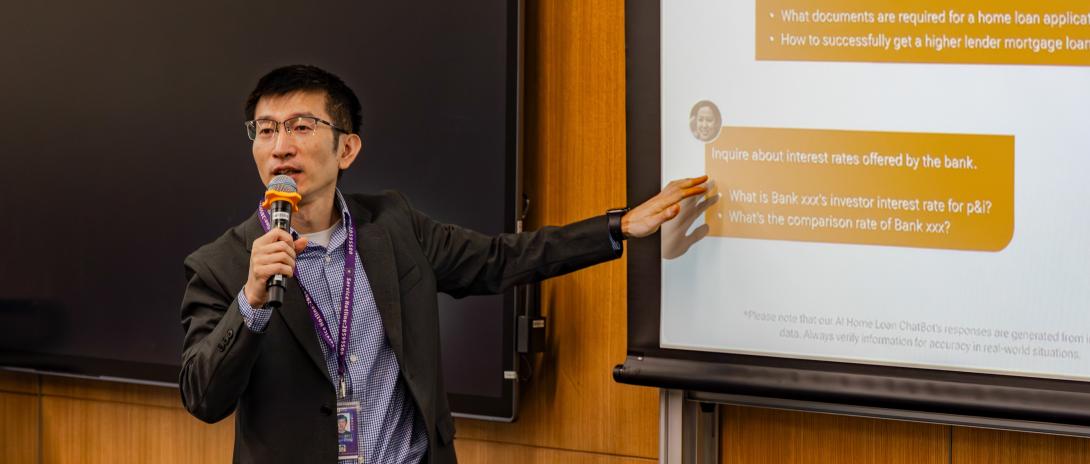Tingjun (Tim) Zheng is an Assistant Professor of Practice in Business Analytics at NYU Shanghai and the Capstone Director of the MSDABC (Master of Science in Data Analytics and Business Computing) Program jointly offered by NYU Stern and NYU Shanghai.
Prior to joining NYU Shanghai, he was an adjunct professor at Xi’an Jiaotong Liverpool University and an external professor at SKEMA Business School China. Starting his career with the Global Decision Sciences Lab at GE Capital, Professor Zheng has over two decades of extensive industry experience leading business analytics, investment analysis, and consulting functions with international clients. For this academic year, Zheng taught Machine Learning in Fall 2023 and is currently the instructor of Capstone Project for the MSDABC program.
In a recent conversation, Zheng shared his take on machine learning and AI, cross-cultural education, courses he teaches and his teaching approach.
Q: What are the core traits of your course, Machine Learning?
Professor Zheng: Machine learning algorithms underpin various technological advancements like search engines, fraud detection systems, and large language models, all of which have seamlessly integrated into our daily existence. Our course endeavors to furnish aspiring students with an intuitive understanding and serve as a pathway for their progression into competent data professionals.
In a nutshell, this course is designed to introduce fundamental concepts and technologies forming the basis for those exciting business applications. It encompasses classical supervised and unsupervised methods along with state-of-the-art algorithms, including ensemble learning for structured data, convolution neural networks (CNN) for computer vision problems, transformer models (BERT, GPT) for natural language processing (NLP), and more.
Q: How do you integrate western and eastern perspectives in the course given the joint nature of the program?
Professor Zheng: I strongly believe that the joint nature has the potential to instill critical thinking and foster cultural awareness among our students. We strive to impart different perspectives by incorporating comparative studies of both Chinese and western companies, and I would like our learning to be “glocal” by delving into current events “right here, right now”. Students are encouraged to engage in similar analyses, and guest speakers contribute by sharing best practices from both the US and China. For example, when we discussed the application of logistic modeling, I mentioned both the FICO score and the Alipay Sesame Credit score so that students gain insights into local practices. Later on, when studying pioneering large language models such as GPT-4 and Llama2, students were amazed to learn about Chinese rival chatbots such as Ernie from Baidu.
AI has no nationality, but the contents generated by AI can reflect the cultural influences of creators behind. When we discussed generative AI such as Dall-E 3, students once came across an AI-generated commercial featuring Chinese poem recitation against the backdrop of misty mountains. With our students’ diverse education and national backgrounds, they not only appreciated the distinct eastern aesthetics embedded; they found technology exciting when connected with cultural identity and artistic traditions!

Students taking a Machine Learning class
Q: How is the course tailored to pre-experience (students straight out of undergrad without work experience) Master’s students?
Professor Zheng: Since machine learning algorithms tend to be abstract and boring, our curriculum starts with an introduction of AI, of which machine learning is a subset. Popular AI tools such as ChatGPT and Midjourney easily connect students with what they are going to learn, making this topic more tangible and imaginable.
Moreover, students acquire new concepts by relating to past experiences. For example, many students have already applied methods like decision trees for classification in their internships, so they find it straightforward when I explain enhanced models such as bagging and random forest in a familiar setting.
When discussing the application of various algorithms, I also put students in the perspective of business leaders and guide them to think about the tradeoffs of a given model (e.g., precision/recall tradeoff). As they come to realize the importance of business implications in interpreting modeling outcomes, they will gradually perceive the nuances of the business world. Furthermore, learning also goes beyond the classroom. Students are encouraged to participate in industry events like the Global Digital Marketing Summit, an annual conference in China which offers them an opportunity to better understand cutting edge topics.


Professor Zheng leading a corporate visit to SenseTime, a prominent AI software provider
Q: How do you integrate your own research or background when teaching?
Professor Zheng: I am intrigued by how businesses utilize data analytics and machine learning models to make data-driven decisions. Leveraging my work and research experience in data science, I crafted a curriculum that integrates foundational machine learning concepts with real-world applications. It also incorporates case studies and examples from my own professional journey, stimulating thoughts about challenges in the business world. As a result, students progressively cultivate an awareness of the distinct skill sets essential for different fields, facilitating informed decision-making for their next stage.
My professional network also made it efficient to invite industry experts to share insights on cutting-edge applications, prevalent industry practices, or lessons learned from modeling experiences, which makes data analytics more practical.
Q: Tell us a bit about the ongoing Capstone course. What is your approach to identifying projects/sponsors, assigning groups, etc.?
Professor Zheng: This year, we have capstone sponsors from different sectors including advertising, luxury, fast moving consumer goods (FMCG). I aim to work with firms that actively adopt AI and integrate data analytics into their daily operation. We not only focus on B2C businesses which inherently have analytical needs like traditional customer segmentation and response prediction models, but also include B2B enterprises that leverage machine learning methods to comprehend the macroeconomic environment.
The projects cover mixed subjects, such as employing ensemble techniques for macroeconomic forecasting, leveraging generative AI to facilitate marketing automation, and utilizing NLP technologies to investigate how Chinese consumers perceive sustainability. Given their diverse interests, students organically created groups and selected projects aligned with their preference. Through close collaboration with industry mentors, students are undergoing a comprehensive loop from hypothesis development to validation. I hope they are having fun!


